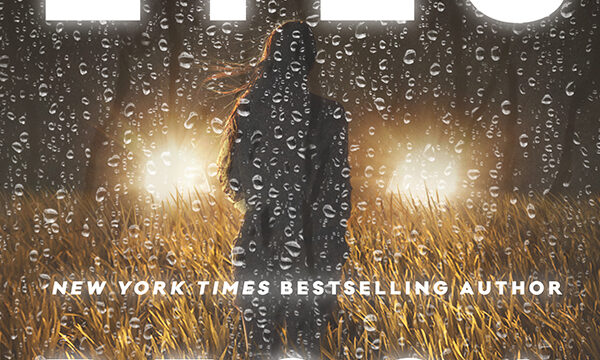I grew up in a small town much like Thunder Basin, Nebraska, the setting for Dangerous Lies. Like Stella, the main character, I worked as a carhop at a local diner. As a seventeen-year-old girl, I spent a summer making shakes and onion rings by hand, listening to The Beatles on my Sony Walkman, sunbathing on the graffiti-splashed dam wall above the lake, and dreaming of summer love. I shuttled myself around town in a forever-breaking-down 1966 Mustang—a car identical to the one in the meet cute that brings Stella and Chet together.
Like Stella, my life felt comfortable—until everything changed.
Shortly before my senior year of high school, my family moved from Nebraska to Idaho. I was forced to leave behind everything I knew: my home, my friends, all the places I’d attached memories to, my identity. Suddenly hundreds of miles from home, I felt as though I were being made to start over. Stella goes through a similar rebirth when she’s whisked into Witness Protection, and just like her, when I found myself shoved into a strange new world, I had no choice but to reinvent myself. Some people might covet a fresh start; I didn’t see it that way. Before I even got a chance to decide who I wanted to be, I was swept into a social circle not of my choosing. I was expected to date football players. I was expected to go to football games with a boy’s jersey number painted on my cheek. I was expected to ditch class. I was expected to party.
That year, I lived a lie. I pretended to be someone I wasn’t. It was exhausting, trying to keep up with expectations that felt so very far away from the girl screaming inside me for some semblance of authenticity. I was surrounded by people, but I felt alone. I was in danger of losing myself. I started to forget which life was mine. Like Stella, I kept secrets in my heart and they ate me alive.
I think writing Dangerous Lies was a way for me to explore themes of identity and deception, as well as forgiveness and love. When I set out writing the book, I didn’t want Stella to suffer the way I had; I thought if I could help her be honest with herself, and others, from the start, I could save her a lot of pain. Unfortunately, easy-outs don’t work in fiction or real life. I think a vital part of developing identity is having the courage to discern truth from lies—inside ourselves. It takes a bit of trial and error, and a bit of heartache, to reveal our true self.
While I’ve never been in Witness Protection, I do know what it’s like to feel abandoned, alone, invisible, and frightened. I tried to channel these emotions into my writing, drawing on the experiences I had when my family moved to Idaho. Stella is, at times, an unreliable narrator, but her deception comes from a place of desperation and self-preservation.
Despite this, I hope her story rings true.


